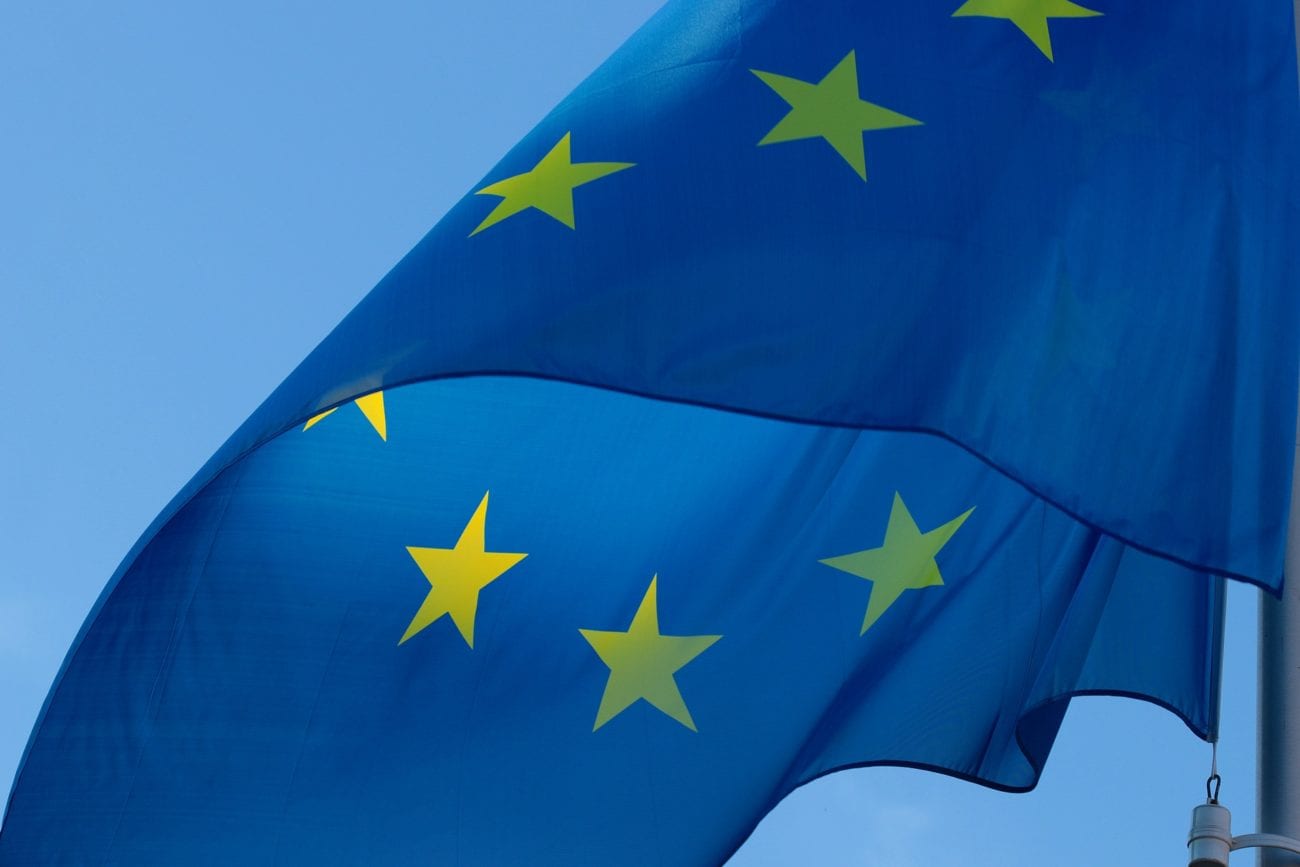EC extends German standstill period

The European Commission has extended the standstill period in place for Germany’s revamped gambling legislation, while a number of stakeholders have flagged a range of concerns with the proposed regulatory framework.
The standstill period now comes to an end in September, after Malta submitted a detailed – but as yet unpublished – statement on the Glücksspielneuregulierungstaatsvertrag (GlüNeuRStV).
The legislation, which was notified to the EC in May this year, sets out a more expansive regulatory framework than the previous State Treaty on Gambling, which looked to restrict the online market to sports betting.
Products such as online poker, casino and slots are all permitted, though under heavily restricted conditions. Slots, for example, must be offered separately to other online casino products such as table games, something that local online casino body the Deutscher Online Casinoverband (DoCV) spoke out against its comments on the legislation.
The DoCV warned that the GlüNeuRStV included a range of controls that risked reducing the attractiveness of legal offerings, saying there was no justification for insisting on the separation of slots from other casino games. These products, it explained, were considered online casino games by the general public, meaning players would expect them to be offered through the same portal.
Rights to offer table games, meanwhile are to be offered first to state lotteries, which may maintain a monopoly over the vertical, or allow private operators to secure licences.
This, the DoCV said, created a hybrid private-public system that only served to create an incoherent framework. This provision should be replaced with a licensing regime for online casino covering all products.
Restrictions on in-play wagering, carried over from the third amended State Treaty, were criticised by the International Betting Integrity Association (IBIA). It said there was no evidence of in-play betting putting players at greater risk of developing gambling problems, and considering match-fixing largely took place in Asia, little evidence of it protecting sports from manipulation.
The restrictions could in fact increase the risk of manipulation, IBIA added, by shifting in-play wagering activity to offshore providers.
Many of the comments submitted to the EC questioned the rationale behind the €1,000 monthly spending limit, that is to be applied across all products. Academics from the Technical University of Dresden pointed out that this was only applied selectively, as it did not cover land-based gambling or lotteries.
The IBIA also noted there was no justification for the cap in the legislation, nor any evidence that it would raise player protection standards.
The Dresden academics’ comments focused largely on the player protection measures, which it said needed to be refined to develop strategies for protecting players of each legal product. This should include lottery, it argued.
They warned that as with the deposit cap, player protection measures were not consistently applied, meaning player protection standards varied depending on product or channel.
The DoCV added that functionality for players to set voluntary spending limits was appropriate, but questioned the seven-day cooling off period before any request to raise these limits was implemented.
It said that players could easily shift to gambling via unlicensed sites in the interim, and suggested the 24-hour cooling off period in force in Schleswig-Holstein be adopted instead.
Controls to block access to these illegal operators in the GlüNeuRStV were also queried.
Banking association Deutsche Kreditwirtschaft argued that the legislation’s provisions for blocking transactions to and from illegal sites were too broad, and ultimately contravened the Treaty of the Functioning of the European Union.
Even if these measures were permitted, it said, banks and financial institutions would need to allocate significant resources to preventing transactions, and would require significant sensitive data to properly identify each illegal gambling transaction. For this reason, it added, blocking all offshore transactions was simply not feasible.
Germany’s association of internet businesses Eco then attacked the provisions for having authorities order internet service providers block access to unlicensed sites. It said the language used in the GlüNeuRStV was again too broad, adding that it has fundamental concerns about ISP blocking controls, as these contravene net neutrality.
Finally, the DoCV queried advertising restrictions set out in the legislation. It would be all but impossible to enforce the proposed 9pm to 6am watershed for gambling advertising, especially online, pointing out that an ad posted at 10:30pm on social media would still be visible at 7am the next morning.
Other stakeholders have until 18 September to submit their comments on the legislation, which is due to be implemented from 1 July, 2021. It remains to be seen whether efforts to block operators from offering online casino products in Germany will be stepped up in the interim, with a number of states currently discussing a potential transition period for the vertical.
